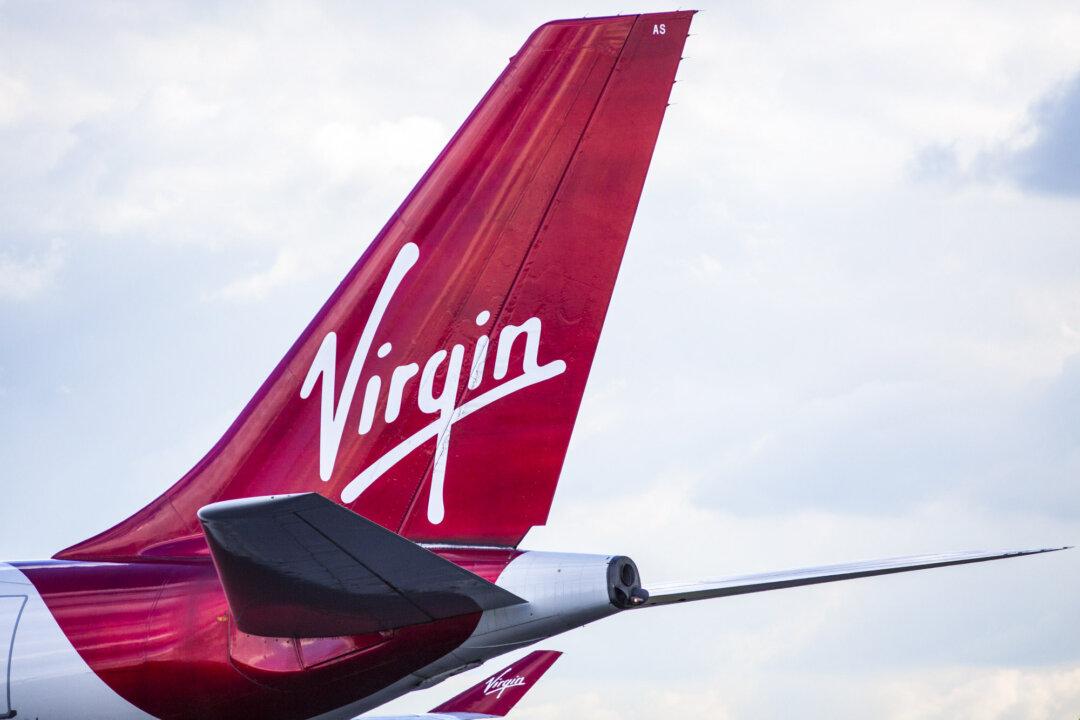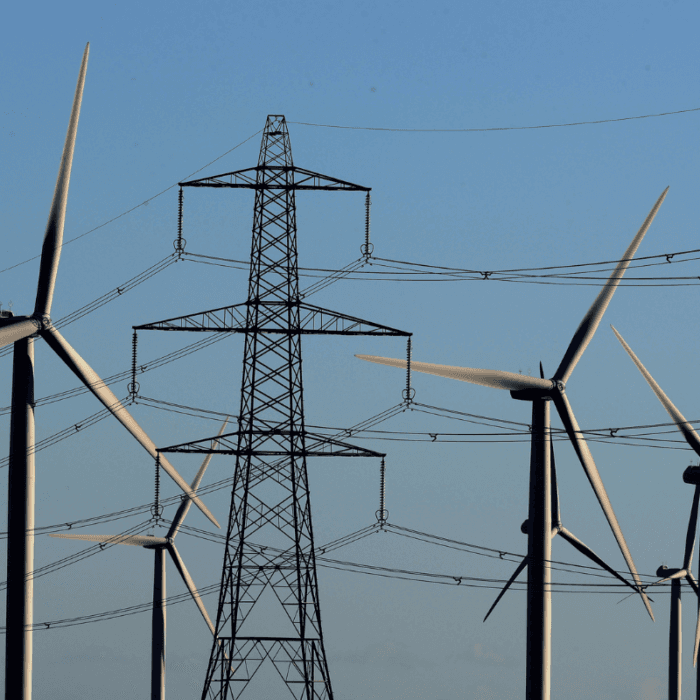Virgin Atlantic’s CEO has said that the industry needs at least 100 times more domestically produced “green” jet fuel to meet the government’s net zero mandate.
In April, the government announced measures that mean 10 percent of all jet fuel will need to come from “sustainable aviation fuels” (SAFs) made from household waste, industrial gases, and used cooking oil in six years.
The mandate, which is subject to parliamentary approval and will come into force in January 2025, will be one of the first in the world to be put into law.
‘100 Times’
Keen to fly 100 percent SAF, Mr. Weiss said he wants the UK government to incentivise “sustainable fuel” production domestically.He said this “will enable investors to invest in this industry so people could produce this fuel here in this country, creating 10,000 jobs along the way, and making sure that we’re not having to import this fuel from elsewhere.”
“So the mandate is only one side, it creates the need for airlines to buy this fuel, and we’ve committed to it,” he said.
“But to scale up to get to 10 percent, only to 10 percent, is about 100 times of what is available today,” he added.
SAFs
The UK has committed to scaling up manufacturing of SAFs and make domestic flying “net zero.” At its current rate, passenger demand is expected to grow by 65 percent by 2025 without any further airport expansions.Scientists found that energy crops such as rapeseed, miscanthus, and poplar wood would require more than 50 percent of the UK’s available agricultural land in order to replace aviation fuels.
The report said that producing sufficient green hydrogen fuel would require 2.4 to 3.4 times the UK’s 2020 renewable electricity generation, meaning wind and solar.
It noted that alternative aviation fuels will likely have an increased cost. Furthermore, traditional kerosene jet fuel is likely to become increasingly expensive as decarbonisation in other sectors accelerates.
‘This Will Not End Well’
Andy Mayer, energy analyst at the free market think tank Institute of Economic Affairs, told The Epoch Times by email that “neither operators nor the government have any idea when better alternatives to jet fuel will be commercially available at a scale to service the industry.”“There is a sensible way to achieve lower carbon aviation emissions, tax those emissions, and let the market find the most efficient solutions, whether new fuels, more efficient design, or less flying,” he said.
“Then there is the UK government’s SAF mandate, which manages to combine prior policy errors from both emissions trading and biofuel mandates into a single hideously complex mess that largely incentivises gaming the system and passing on the costs to us,” he added.
“What we do know is that cross-contamination of jet fuel infrastructure with off-spec products can shut down airports, that fleet conversion is measured in decades not years, and that the alternatives are neither ready nor can their readiness be predicted,” he said.
Mr. Mayer said that biofuels “contain opportunity costs for land use that limit their utility as a mass market solution and risk inflating the price of food. Refining waste oils is sustainable but niche.”
“Developing power-to-liquid alternatives from excess renewables is a hydrogen economy pipedream for the 2040s onwards,” he added. Power-to-liquid is a type of SAF that the government is hoping will emerge as an option to fuel future aircraft.
“The government has foolishly decided to offer investor certainty, when it should only be ensuring that a market can function. This will not end well,” Mr. Mayer said.
The Epoch Times contacted the Department for Energy Security and Net Zero for comment.







